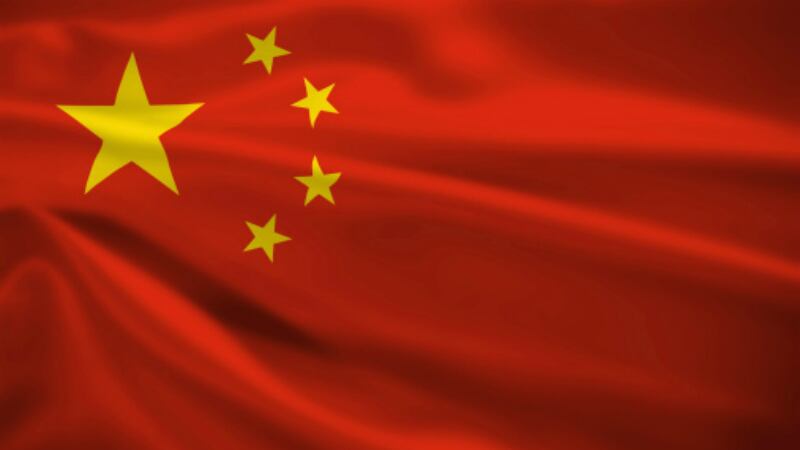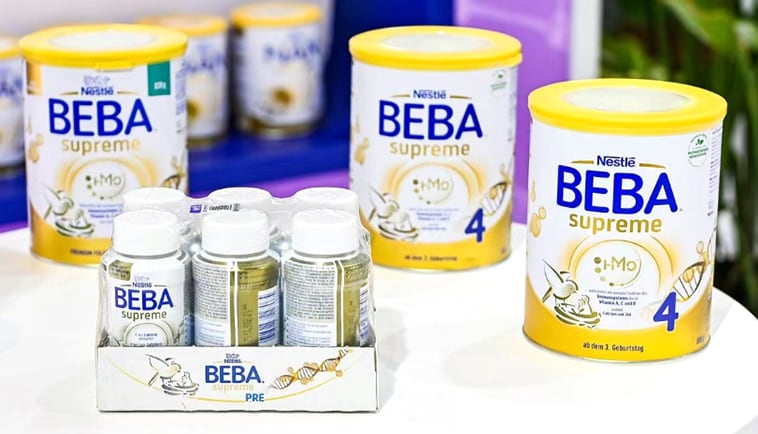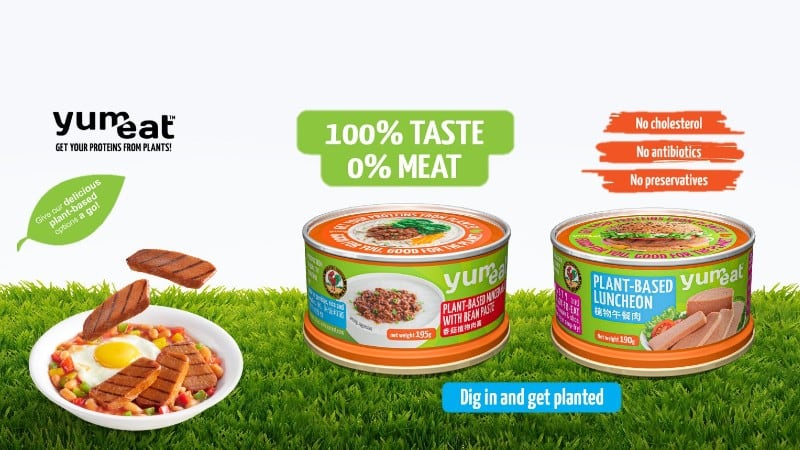Edible ‘dairy’: Yili ramps up focus on cheese and plant-based products in response to growing consumer demand
China dairy giant Yili has revealed that it is ramping up its focus on cheese and plant-based products in addition to its conventional dairy items in response to growing consumer demand.
Yili has grown to become a major dairy market leader in China based on its traditional products such as liquid milk and milk powders, but given the rising interest of Chinese consumers in a wider range of dairy products and also dairy alternatives, the firm is now looking to expand its focus in other areas such as ‘edible’ dairy and plant-based innovations.
“The nutritional value of cheese has gradually been recognized by Chinese consumers. They are experiencing a transition from ‘drinking milk’ to ‘eating milk’,” Yili Assistant Vice President Yun Zhanyou told FoodNavigator-Asia.
‘Superior tech’: Chinese plant-based brand Jooma outlines regional expansion, co-branding and product extension plans
Chinese plant-based yoghurt Jooma has detailed plans to expand to more tier one and two cities in the county, as well co-branding opportunities and a product range extension to grow the business.
NOIX Foods (Tianjin) is a subsidiary of Munich-based NOIX AG founded by Dr Stefan Schmale, who wanted to develop healthy plant-based foods in Asia.
Currently, Jooma produces and sells six SKUs of almond yoghurt in China using its proprietary technology.
According to Schmale, who is also CEO of NOIX AG, the plan is to launch three to four new product ranges next year, totaling 10 to 12 SKUs. One of these products will include a coconut yoghurt.
From Coca-Cola to coffee: How food and beverage brands are using Bilibili to attract Gen Z consumers
Food and beverage brands are increasingly turning to Chinese video platform Bilibili to develop videos better catered to the country’s Gen Z audience, with many securing millions of views.
According to a report published by market research firm Nielsen and Shanghai-based online entertainment company Bilibili, Gen Z consumers in China are mostly relying on video to make food and beverage purchasing decisions. This opens up a new era of video marketing for brands, beyond traditional media advertisements.
In China, there are other long-form video platforms such as Tencent Video, Baidu’s iQiyi, Alibaba’s Youku, and Bilibili, while short-video platforms include Douyin and Kuaishou. Any individual can create videos on Bilibili, and they are referred to as Up主 or uploaders. Many of these uploaders have innovative ways of telling stories.
Brands can choose to work with these uploaders, to help consumers better understand brand propositions, and help increase recognition and acceptance. One example is Coca-Cola’s Fanta brand.
Shaving off the excess: China mandates food and cosmetics firms to limit excessive packaging and lower prices
China has issued new, stricter packaging regulations covering food and cosmetics products to prevent what has been dubbed the ‘excessive packaging’ phenomenon, citing a need to prevent unnecessary extra costs to consumers and impacts on the environment.
China’s State Administration for Market Regulation (SAMR) recently launched the new regulations dubbed ‘Requirements of Restricting Excessive Package – Foods and Cosmetics’ in conjunction with the Ministry of Industry.
These regulations are said to apply to 31 categories of food products including grains, edible oils, flavourings, meat-based products, dairy products, beverages, convenience foods, biscuits, canned foods, frozen beverages, snacks, confectionery, tea, alcohol, cocoa-based products and more.
“Packaging is important to protect and beautify food and cosmetic products in addition to guiding consumption and increasing value [but]at present, we have found that various food and cosmetics companies on the market are using excessive packaging to pursue high profits, resulting in impacts to the environment and unnecessary wastage,” SAMR Deputy Director for Standards and Technology Chen Hongjun said in a formal statement.
Salt reformulation struggles: China tops list for sodium levels in processed fish and meat products – new data
China has topped the charts for the levels of salt (sodium) in processed meat and fish products in a five-country study, followed by the USA, South Africa, Australia and the UK.
This is despite the fact that 85% of the products assessed in China meet the country's salt reduction goals, suggesting that public health regulations have some way to go meet global norms.
High dietary salt intake is a major cause of high blood pressure and the associated risks of cardiovascular and kidney diseases and death. The World Health Organisation (WHO) recommends a maximum salt intake of 2000 mg/day. But the average global salt intake in 2010 was around twice that.
The WHO has set a target of a 30% global reduction in salt intake by 2025, and to gauge progress against this, focused on the salt content of processed meat and fish products in three developed and two developing countries: the UK; USA; Australia; China; and South Africa.





